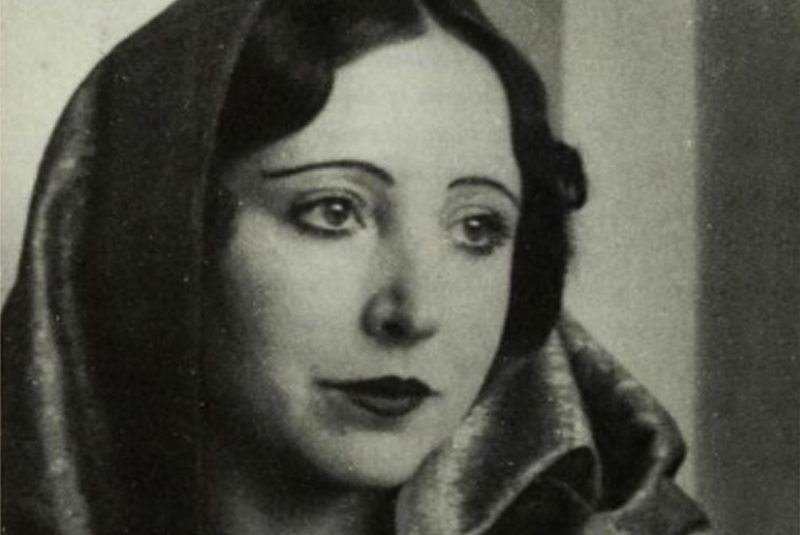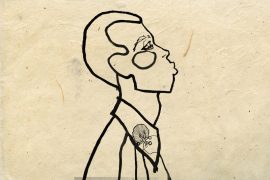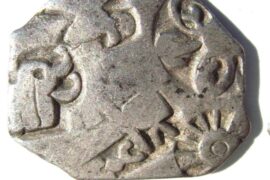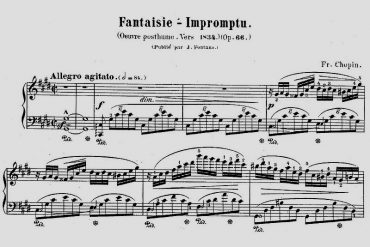On July 25, 1914, the French ocean-liner, SS Montserrat, set sail from Barcelona to New York. Before the cruise ship left, an elderly lady passed on a notebook to her eleven-year-old grand-daughter, Anaïs, asking her to regularly write letters to her. That night, sitting in the ship’s bathroom, Anaïs wrote a letter to her father who had deserted her mom and two siblings. Over the next sixty-two years, she continued writing in her diary almost until her death. Her memoirs, over 35,000 pages, formed the corpus of her work.
Forty-three years after her death, Anaïs Nin evokes extreme passions, as when she lived. She is variously described as femme fatale, consummate liar, pornographer, poet-lyricist, feminist symbol, self-help icon, to name a few. Her life story seems straight out of a Freudian fiction, and it isn’t surprising that in later years, she moved with ranking psychoanalysts.
For Anaïs, life’s mysteries started early; her father, Joaquin Nin, composer and concert pianist, left the family in 1914, scarring her forever. She recorded in the Diary how her father used to make her undress and take nude photos, but the young girl kept longing for him while in New York. Twenty years later, when the two met in Louveciennes, it turned out to be a passionate affair that lasted some time. Her Diary recollections – “father story” – led to The House of Incest in 1936; for Joaquin too, it was a revealing experience, as he recorded:
-30-
Copyright©Madras Courier, All Rights Reserved. You may share using our article tools. Please don't cut articles from madrascourier.com and redistribute by email, post to the web, mobile phone or social media.Please send in your feed back and comments to [email protected]











